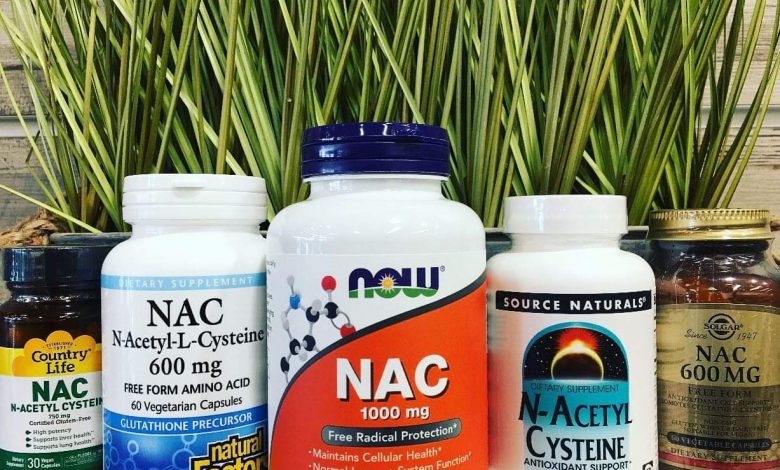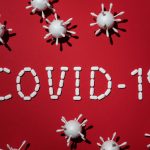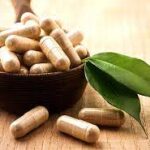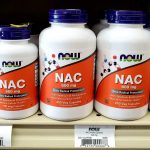When To Take N-acetylcysteine (NAC) Morning Or Night?

What is NAC?
N-acetylcysteine (NAC) also known as Acetylcysteine is a medication that is used to treat paracetamol (acetaminophen) overdose, and to loosen thick mucus in individuals with chronic bronchopulmonary disorders like pneumonia and bronchitis. NAC was synthesized in 1961 and patented by Mead Johnson in 1965.
NAC is valued primarily for its role in antioxidant production. Along with two other amino acids — glutamine and glycine — NAC is needed to make and replenish glutathione. Glutathione is one of the body’s most important antioxidants, which helps neutralize free radicals that can damage cells and tissues in your body.
It’s essential for immune health and fighting cellular damage. Some researchers believe it may even contribute to longevity. Its antioxidant properties are also important for combatting numerous other ailments caused by oxidative stress, such as heart disease, infertility, and some psychiatric conditions.
N-acetylcysteine (NAC) is available in different dosage forms for different indications:
• Capsules
• Effervescent tablets
• Intravenous injection (Assist, Parvolex, Acetadote) – treatment of paracetamol/acetaminophen overdose
• Nebulized as an inhaled vapor, particularly in the treatment of cystic fibrosis and other acute pulmonary conditions
• Ocular solution – for mucolytic therapy
• Oral solution – various indications
• Solution for inhalation (Assist, Mucomyst, Mucosil) – inhaled for mucolytic therapy
• Tablets – sometimes in a sustained release formula sold as a nutritional supplement
The IV injection and inhalation preparations are, in general, prescription-only, whereas the oral solution and the effervescent tablets are available over the counter in many countries. Acetylcysteine is available as a health supplement in the United States, typically in capsule form.
What are the benefits of N-acetylcysteine (NAC)?
Beyond the use of N-acetylcysteine as the specific antidote for acetaminophen overdose. Other applications for N-acetylcysteine supplementation supported by scientific evidence include:
- Prevention of chronic obstructive pulmonary disease exacerbation
- Prevention of contrast-induced kidney damage during imaging procedures
- Attenuation of illness from the influenza virus when started before infection
- Treatment of pulmonary fibrosis and treatment of infertility in patients with clomiphene-resistant polycystic ovary syndrome.
- Prevention and treatment of some psychiatric conditions.
What is the recommended dosage of NAC?
There is no recommended daily allowance for N-acetylcysteine (NAC) because your body can produce small amounts of cysteine. For your body to make the amino acid cysteine, you need adequate amounts of folate, vitamin B6, and vitamin B12. These nutrients can be found in beans, lentils, spinach, bananas, salmon, and tuna.
The accepted daily supplement recommendation is 600–1,800 mg of NAC. Available data indicate that a twice-daily administration or three times daily administration is commonly recommended by the manufacturers.
When to take NAC morning or night?
The best time to take N-acetylcysteine (NAC) is in the morning on an empty stomach because NAC has low bioavailability as an oral supplement, meaning that it’s not well absorbed and foods can affect how well you absorb amino acids.
When you take NAC supplements, it is advised that you wait for between 45 – 60 minutes before you take any food, taking them when the stomach is empty eliminates the possibility that they will compete with the amino acids in high-protein foods.
What are the possible side effects of NAC?
The side effects of NAC supplementation are usually mild and may include:
• diarrhea
• eye irritation
• fatigue
• nausea
• a skin rash
• vomiting
Very rarely, people have reported more severe side effects, such as low blood pressure, asthma attacks, and unexplained headaches. People taking nitroglycerin in pills, patches, or creams should not take NAC, as the combination could cause extremely low blood pressure and headaches.





